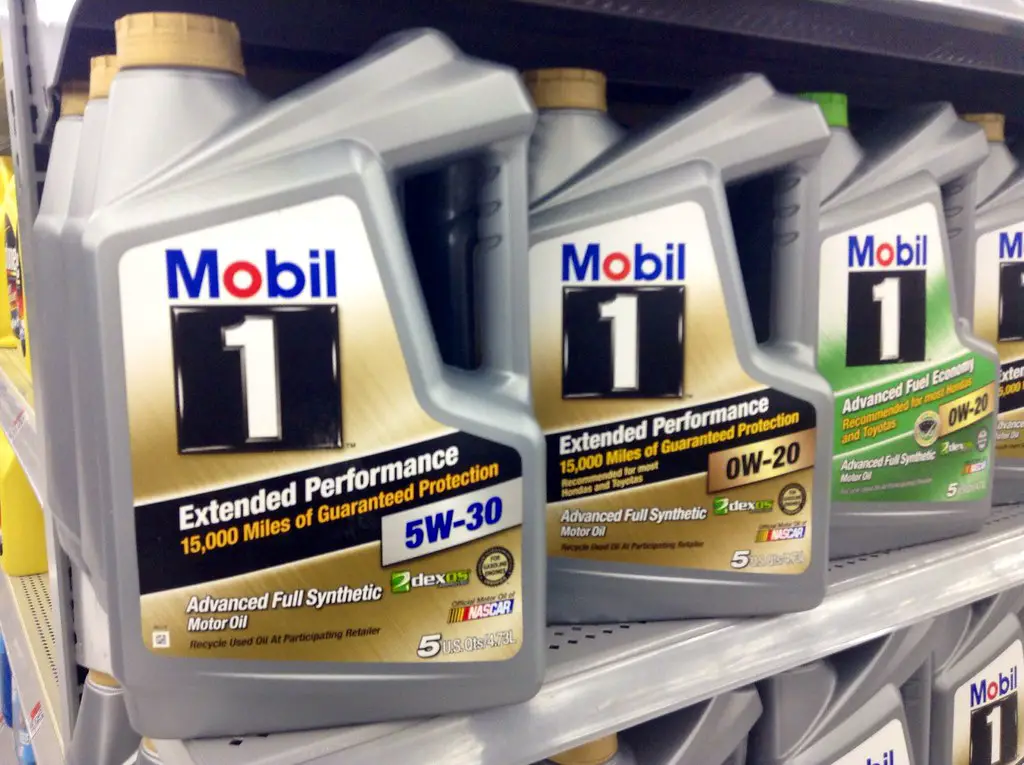
Introduction to Engine Oils in ATVs
All-Terrain Vehicles (ATVs) are versatile machines designed to handle a variety of terrains and conditions. Given their diverse usage, from recreational activities to professional tasks, the engine is the heart of an ATV. The type of engine oil used plays a critical role in the performance, longevity, and efficiency of these engines. Choosing between synthetic and conventional oil is more than just a matter of personal preference; it’s a decision with far-reaching implications for your ATV.
Understanding Engine Oils
Before delving into the specifics of synthetic and conventional oils, it’s essential to understand what engine oil does in an ATV. Engine oil serves multiple purposes:
- Lubrication: Reduces friction between moving parts, preventing wear and tear.
- Cooling: Helps dissipate heat away from the engine.
- Cleaning: Collects and holds contaminants and combustion by-products to be filtered out.
- Protection: Forms a protective layer to prevent corrosion and rust.
Synthetic Oil: The Advanced Choice
Synthetic oils are man-made and tailored for high performance. They are created through a complex chemical process, resulting in molecules that are uniform in shape and size, offering superior properties over conventional oils.
Advantages of Synthetic Oil:
- Enhanced Viscosity: Maintains consistent viscosity in extreme temperatures, ensuring reliable engine protection and performance.
- Thermal Stability: Resists breakdown at high temperatures, making it ideal for ATVs used in demanding conditions.
- Cleaner Operation: Advanced detergents and dispersants in synthetic oil keep the engine cleaner.
- Longevity: Lasts longer than conventional oil, reducing the frequency of oil changes.
- Fuel Efficiency: Can improve fuel economy due to reduced engine friction.
Disadvantages of Synthetic Oil:
- Cost: Generally more expensive than conventional oil.
- Compatibility: Not all ATV engines are optimized for synthetic oil.
Conventional Oil: The Traditional Approach
Conventional oil, derived from crude oil, has been the standard for engines for many years. It’s less refined than synthetic oil and contains more natural impurities.
Advantages of Conventional Oil:
- Cost-Effective: Less expensive than synthetic oil.
- Sufficient for Moderate Use: Adequate for ATVs not subjected to extreme conditions.
- Availability: Widely available and familiar to most users.
Disadvantages of Conventional Oil:
- Limited Temperature Performance: Not as effective in extreme cold or hot conditions.
- More Frequent Changes: Breaks down faster than synthetic oil, requiring more frequent oil changes.
- Less Efficient: May lead to slightly lower fuel economy and performance.
Performance in Extreme Conditions
ATVs are often used in challenging environments, from cold, snowy landscapes to hot, dusty trails. The oil’s performance in these conditions is critical.
Synthetic Oil in Extreme Weather:
- Cold Weather: Flows better at low temperatures, ensuring quick engine starts and immediate protection.
- Hot Weather: Maintains its protective properties, reducing the risk of engine overheating.
Conventional Oil in Varied Climates:
- Struggles in Cold: Can become too thick, causing starting issues.
- Overheats in Heat: More likely to thin out and lose its lubricating properties in high temperatures.
Engine Cleanliness and Longevity
The cleanliness of an engine directly affects its lifespan. Sludge and deposit buildup can lead to decreased efficiency and increased wear.
Synthetic Oil for a Cleaner Engine:
- Reduced Sludge Formation: Advanced additives in synthetic oil help prevent the buildup of harmful deposits.
- Long-Term Protection: Regular use can extend the life of the engine components.
Conventional Oil and Engine Wear:
- Quicker Buildup: More prone to forming sludge and deposits, especially under stressful conditions.
- Frequent Changes Needed: Regular changes are necessary to maintain engine health.
Environmental Impact
The environmental aspect of engine oils is becoming increasingly important. The choice of oil can impact not only the local environment but also broader ecological concerns.
Synthetic Oil and the Environment:
- Reduced Waste: Longer intervals between oil changes mean less waste oil and fewer used oil filters.
- Efficiency Gains: Potential fuel efficiency improvements lead to reduced emissions.
Conventional Oil and Ecology:
- More Frequent Disposal: More frequent changes result in more waste oil.
- Resource Intensive: Extraction and refining of crude oil have significant environmental impacts.
Cost Considerations
Cost is a major factor for many ATV owners when choosing between synthetic and conventional oils.
Synthetic Oil Costs:
- Higher Initial Price: More expensive per quart than conventional oil.
- Long-Term Savings: Less frequent changes can offset the higher cost over time.
Conventional Oil Expenses:
- Lower Price Point: Cheaper upfront cost.
- More Frequent Expenses: Regular changes add up in terms of both oil cost and labor.
Through my experiences and interactions with fellow ATV enthusiasts, I’ve observed a wide range of preferences and practices regarding oil choice. Many have shared their experiences of improved performance and reduced maintenance needs after switching to synthetic oil, especially in regions with extreme weather conditions. Conversely, some prefer the familiarity and cost savings of conventional oil, especially for older ATVs that aren’t subjected to severe conditions.
Additional Considerations
When choosing between synthetic and conventional oil, consider the following:
- Manufacturer’s Recommendations: Always adhere to the guidelines set by the ATV manufacturer.
- Type of Use: Consider how and where you use your ATV – recreational, racing, heavy-duty tasks, etc.
- Engine Age and Condition: Older engines might have different requirements than newer models.
- Personal Preferences: Balance performance needs with budget considerations.
The choice between synthetic and conventional oil for ATV engines is a significant one, impacting performance, engine health, environmental considerations, and overall costs. While synthetic oil offers numerous advantages, especially in terms of performance and engine longevity, conventional oil may still be a viable option for those with budget constraints or less demanding usage requirements. Ultimately, aligning this choice with your specific needs, manufacturer’s recommendations, and personal preferences is key to ensuring the best care for your ATV engine.

